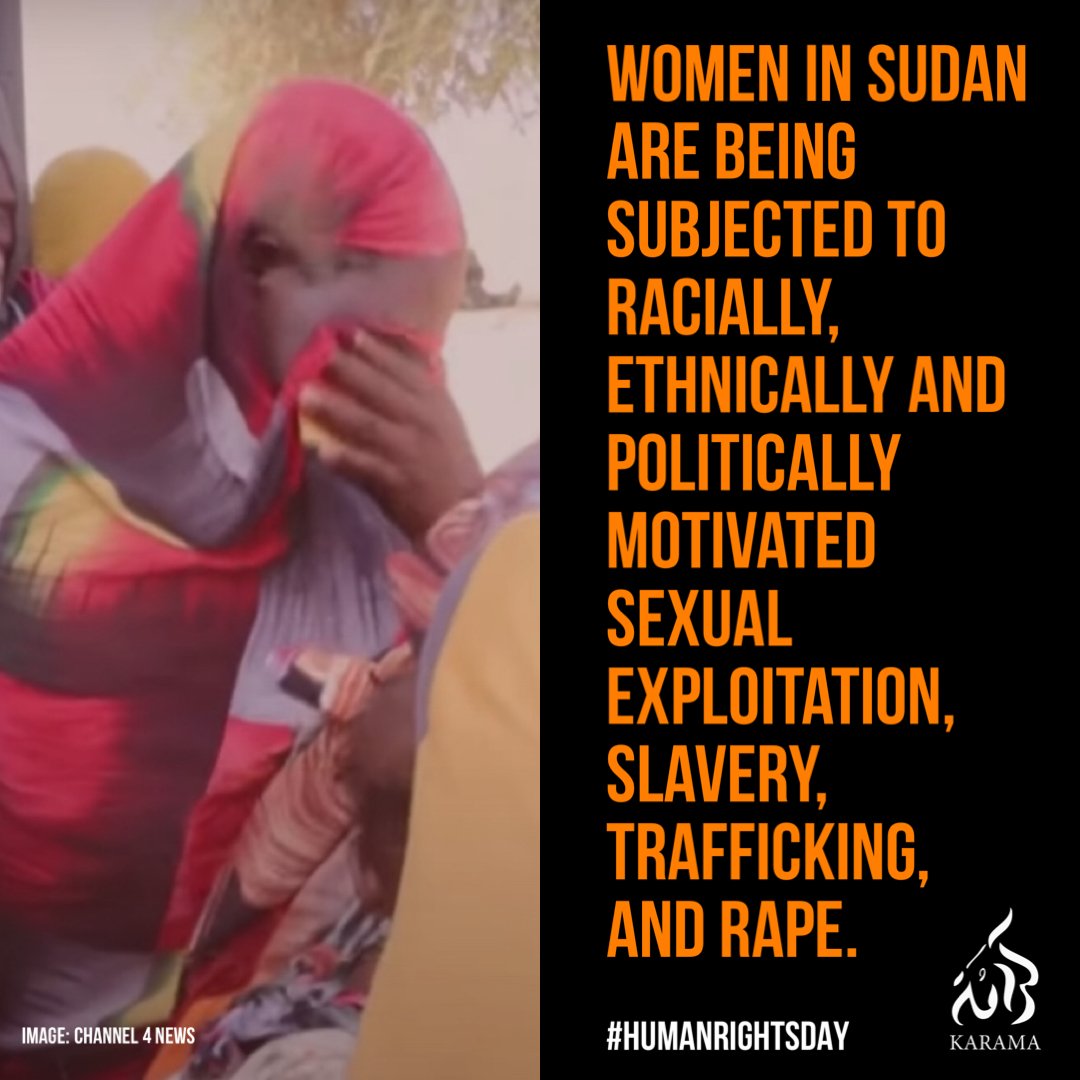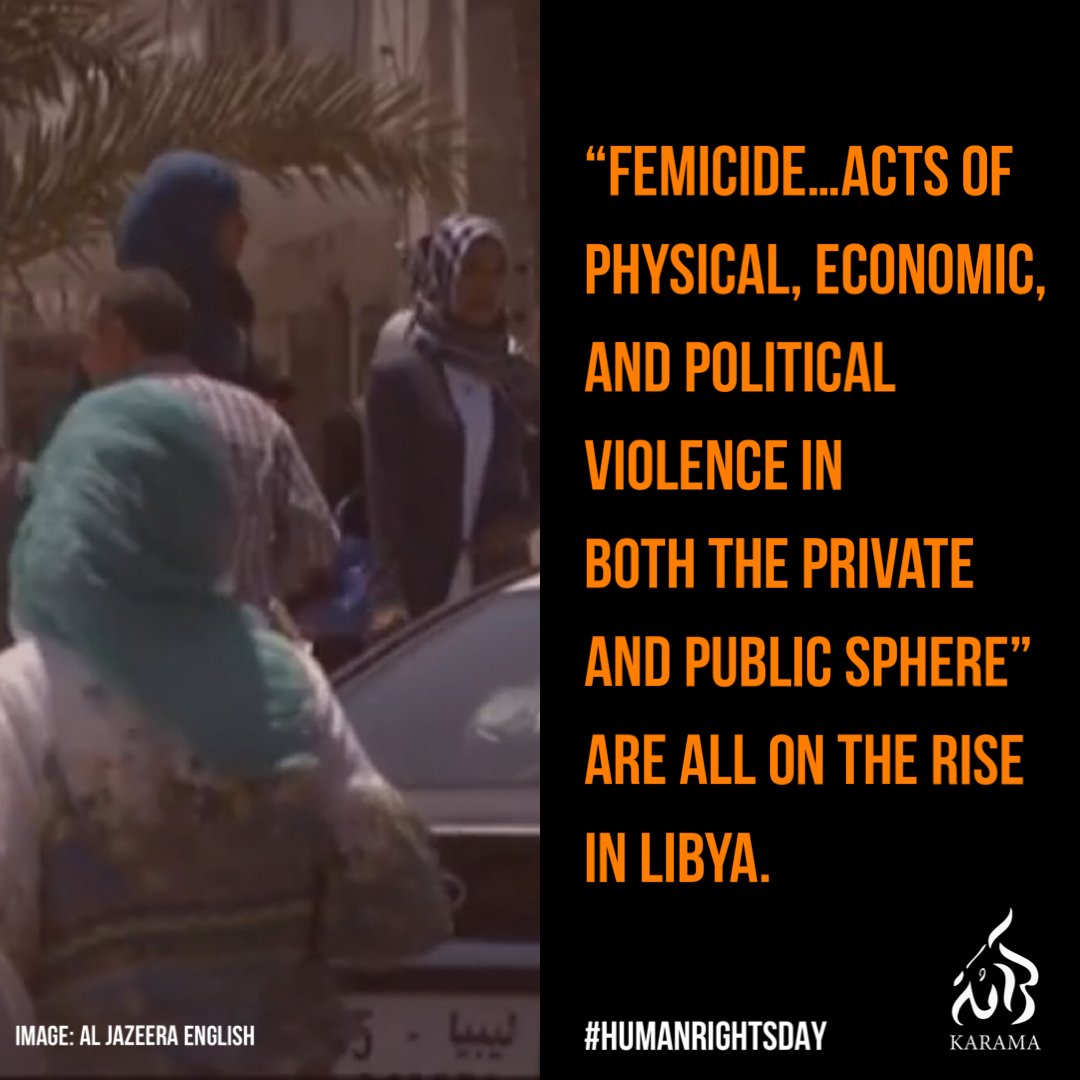Gaza exposes the hollow rhetoric of many nations’ commitment to universal human rights #UDHR75
It is sadly telling that the world marks the 75th anniversary of the Universal Declaration of Human Rights just days after the United States blocked a Security Council resolution calling for a humanitarian ceasefire in Gaza. Despite the rhetoric of universalism, there continues to be a clear double standard, where the rights of some are not upheld nor respected.
At community level, promotion of the human rights agenda is done by local activists. People who take it upon themselves to help their neighbours understand their rights under their respective constitutions or peace agreements; activists who build constituencies calling for the abolition of discriminatory laws or for better legal protections; those who campaign for better treatment of vulnerable groups. This is what makes the human rights agenda a reality.
At global level however, many of the countries who most frequently adopt the rhetoric of the human rights agenda are the United States, the United Kingdom and other anglophone nations, members of the European Union. Belgium, France the US, UK, Australia all voted in favour of the Universal Declaration of Human Rights in 1948, yet in the subsequent years where exactly was their commitment to the declaration’s principles in, to name but a few examples, Congo, Algeria, Vietnam, Kenya, or the treatment of indigenous peoples?
There has always been a discord between the rhetoric of the global champions of the human rights agenda and the reality of their domestic and foreign policy choices. The starkness of that contradiction is, however, becoming ever more difficult to bear for those of us concerned with universal human rights.
In Africa and the Arab region, we can see many examples of the ongoing threats to human rights. Conflicts and instability mean we are witnessing truly extraordinary violations on a daily basis. The disproportionate level of civilian casualties in Gaza is being documented, with analysis concluding it is a deliberate tactic. Despite this, the United States stands firm behind Israel, protecting it in the United Nations, and rearming it as violations continue.
The immediate impact of the war on Gaza is profound and appalling suffering of the Palestinian people. Its long-term, global impact is to threaten the entire agenda of universal human rights.
Many nations have long espoused human rights in their speeches while eschewing them in their actions. That callousness ultimately has a price, one paid by those digging out the bodies of entire families buried in the rubble of Gaza; or by the survivors of gang rapes in Darfur; or those arbitrarily detained in Syria.
The Universal Declaration of Human Rights is vital because it is universal, and that cuts both ways. When you ignore it or undermine it in one context - whether that is in Gaza, in Khartoum, in the Mediterranean - you undermine in completely.



